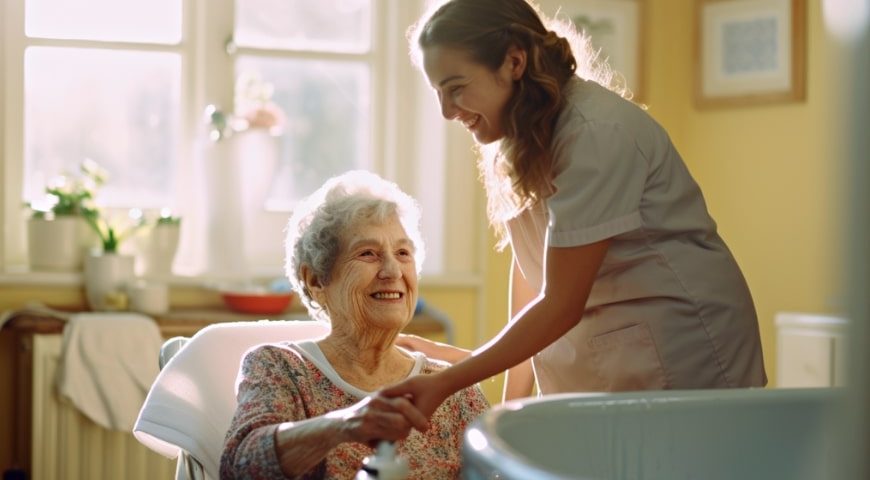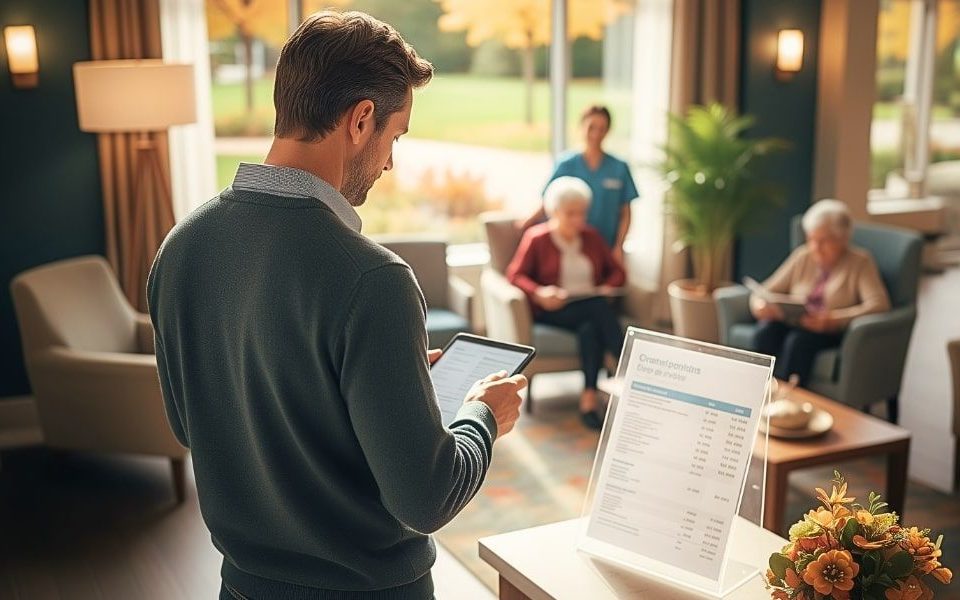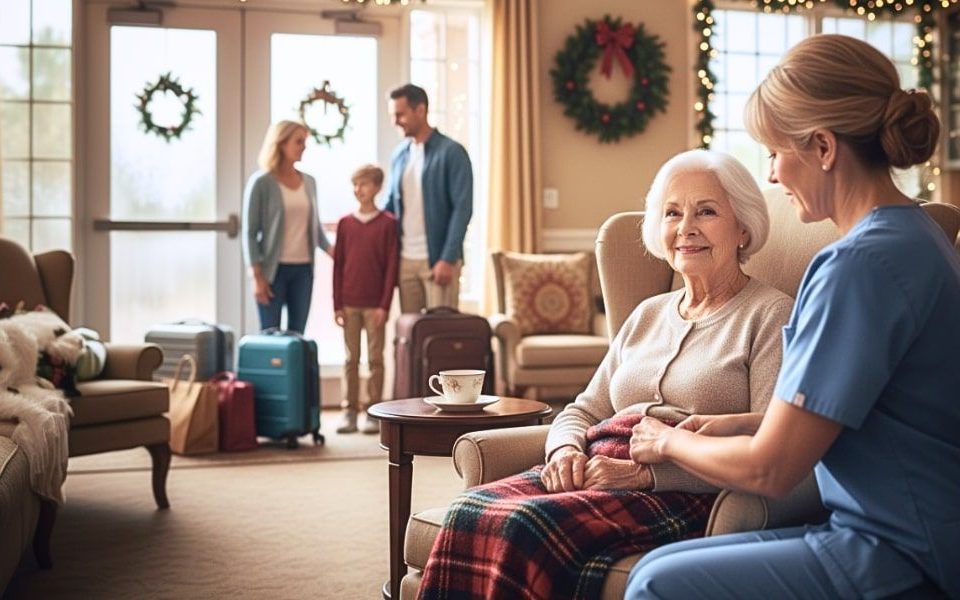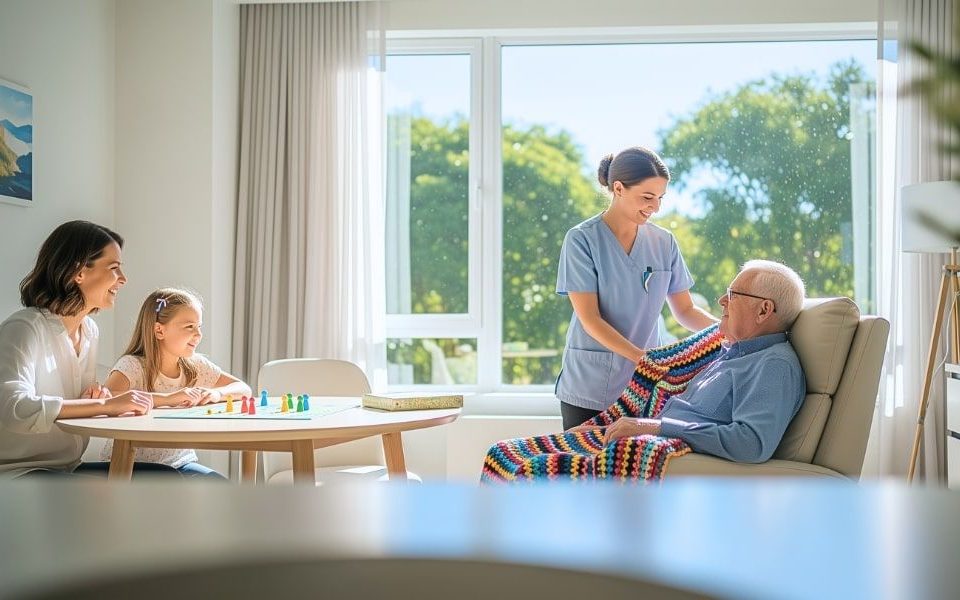
The risk of incontinence increases as a person ages. It might not affect most seniors, but it is common enough. For those who experience incontinence, it can cause embarrassment, and they might withdraw from social connections. Understanding this condition’s physical and emotional aspects is essential to the support and respect that older people deserve. This post will take a closer look at incontinence care for older adults.
A Compassionate Guide to Incontinence Care for Older Adults
The Importance of Professional Guidance
Initiating incontinence care begins with consulting healthcare professionals. This step is crucial for identifying the specific type and cause of incontinence. With this knowledge, carers can tailor their approach to the individual. Professionals can offer insights into health conditions and help develop care plans.
Hygiene for Skin Health
Maintaining good hygiene is a cornerstone of incontinence care. Regular bathing using mild soap and water helps prevent skin irritation and infections. The use of appropriate incontinence products, such as adult diapers or disposable underwear, may also help.
Have a Consistent Routine
Creating a predictable routine for bathroom breaks is key to managing incontinence. Regular intervals throughout the day and before bedtime provide structure. Planned breaks help the caregiver and senior manage the condition. Additionally, ensuring easy access to the bathroom, with clear pathways and well-lit spaces, reduces the risk of falls.
Balancing Fluid Intake and Diet
While hydration is essential for overall health, managing fluid intake is critical in addressing incontinence. Monitoring diet will also be important. For example, reducing the consumption of caffeine, alcohol, and acidic foods can contribute to better bladder control. Encouraging a balanced diet and regular exercise aids in improving bowel and bladder function.
Addressing Emotional Well-being
Incontinence can take a toll on an individual’s emotional health. Open communication about feelings and concerns fosters trust and understanding. Caregivers should provide reassurance and empathy, acknowledging the emotional challenges associated with incontinence.
Bottom Line
Effective incontinence care for older adults is rooted in a compassionate and individualized approach. Along with various products and health management, lifestyle changes can make a big difference. Most of all, seniors and their caregivers should consult a physician for help with incontinence care.
The Mountain Side of Warm Springs fosters an environment of purpose and independence for our residents. Our goal is for every resident to be comfortable and confident in the community. Click here to learn about our customized services. You can also click here to learn about our suites.
Schedule a visit to our senior care community by clicking here.
Thanks for visiting!



